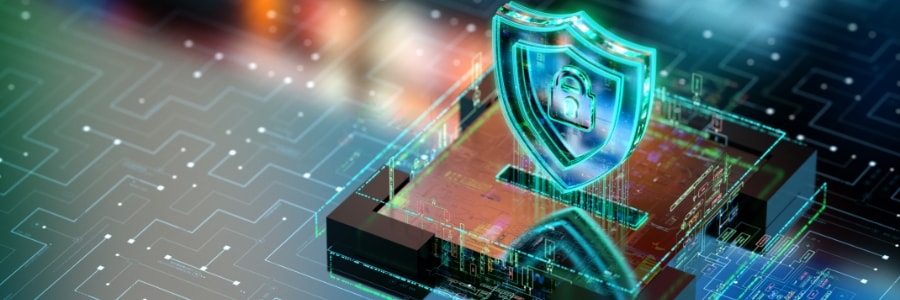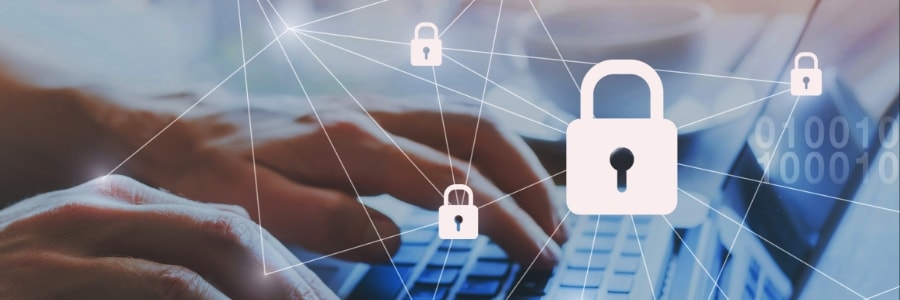Every time your employees browse the web — whether searching on Google or accessing work applications — they face potential cyberthreats like phishing scams and malware. These risks not only compromise company data but also put employees at risk.
Tech Insights & Resources
Tech Insights built for architecture, engineering, construction, and other San Francisco Bay Area businesses who want to deliver work on time without IT disruptions. Get practical guides, cybersecurity tips, and workflow improvements for your team.
5 Things your SMBs should consider before buying antivirus software

Small or medium-sized businesses (SMBs) are prime targets for cyberattacks, but choosing the wrong antivirus software can leave you vulnerable. With so many features and price points to sift through, it’s easy to feel lost. Breathe easy, as this guide will help you choose the perfect antivirus software by focusing on five key factors essential for your business.
How to pick the right antivirus software for your SMB

When running a small or medium-sized business (SMB), security should never be an afterthought. With cyberattacks becoming more advanced, having reliable antivirus software is one of the most effective ways to protect your sensitive data. However, choosing the right antivirus software isn’t as simple as picking the first one you come across.
Thin and zero clients: The smart way to slash IT expenses

If you’re looking for ways to reduce IT costs, purchasing high-end computers is not the right strategy. These devices come with a hefty price tag and require frequent upgrades, leading to increased hardware expenses. Thin and zero clients offer a more cost-effective solution by offloading computing processes to centralized servers.
Reduce IT spending with thin and zero clients

Is your IT budget eating into your company’s profits? Traditional desktop setups come with hidden costs that add up over time. Fortunately, businesses can significantly reduce expenses by switching to thin and zero clients.
What are thin and zero clients?
Thin and zero clients are lightweight computing solutions designed to replace traditional desktops in a virtualized environment.

